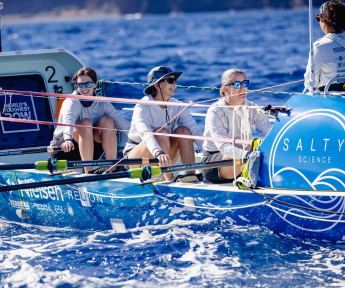In November 2023, Dr. Isabelle Côté (FRSC) was formally inducted into the RSC’s Academy of Science. Soon after, she and three colleagues embarked on a remarkable journey across the Atlantic Ocean to raise awareness for ocean conservation. The all-women 'Salty Science' crew rowed over 5,000 miles from the Canary Islands to Antigua in just over a month, raising over $260,000USD and achieving victory in the women's category of the World’s Toughest Row.
With over three decades of groundbreaking research and scientific leadership, this is just another testament to Dr. Côté’s achievements. A skilled science communicator and Professor at Simon Fraser University, Dr. Côté contributions have significantly propelled the understanding and conservation of marine ecosystems. Through her work, Dr. Côté actively shapes policies and practices to enhance the management of tropical and temperate coastal ecosystems across the globe.
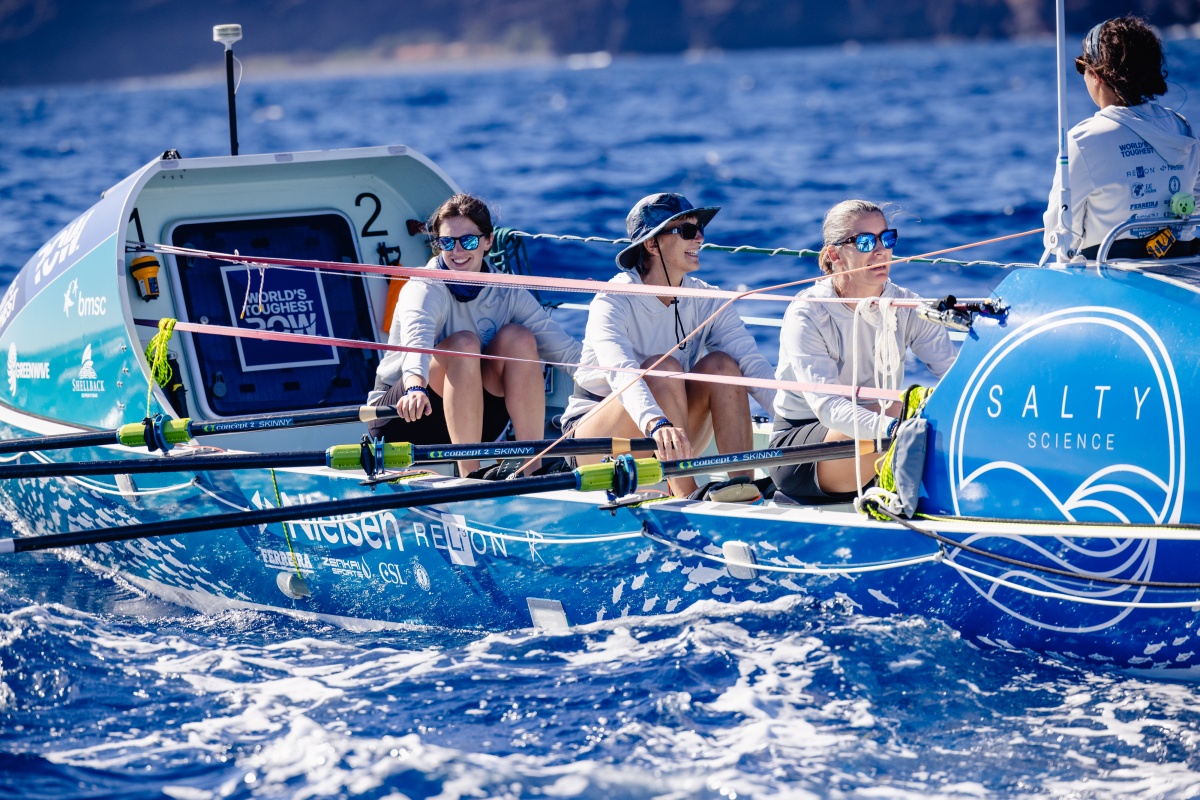
Q: Could you provide us with an overview of your journey rowing across the Atlantic Ocean?
A: Looking back now, it seems like such a long time ago that we left La Gomera, in the Canary Islands, on a 7.5 m rowboat. The four of us – three academic generations of marine scientists – learned to row for this race. It started on a beautiful, sunny morning, but 2 days in, the sea became enraged, and we faced 10 m waves. Lots of equipment broke – oars, an oarlock, our watermaker. Nights were the worst because we couldn’t see where the waves were coming from. After 10 days, the wind died, and then turned against us, and we went from covering as much as 95 nautical miles daily to barely 24. It was like rowing in cement. The mythical trade winds that should have pushed us west never really came, so we fought winds from the south and from the north. But some of that hardship was punctuated by magical sightings: whales, sharks, a pod of dolphins and schools of tuna, as well as celebrations (Christmas, New Year, one birthday), ocean swims and spectacular moonrises. After 38 days of rowing 12 hours a day, we touched land in Antigua, winning the Women’s Class.
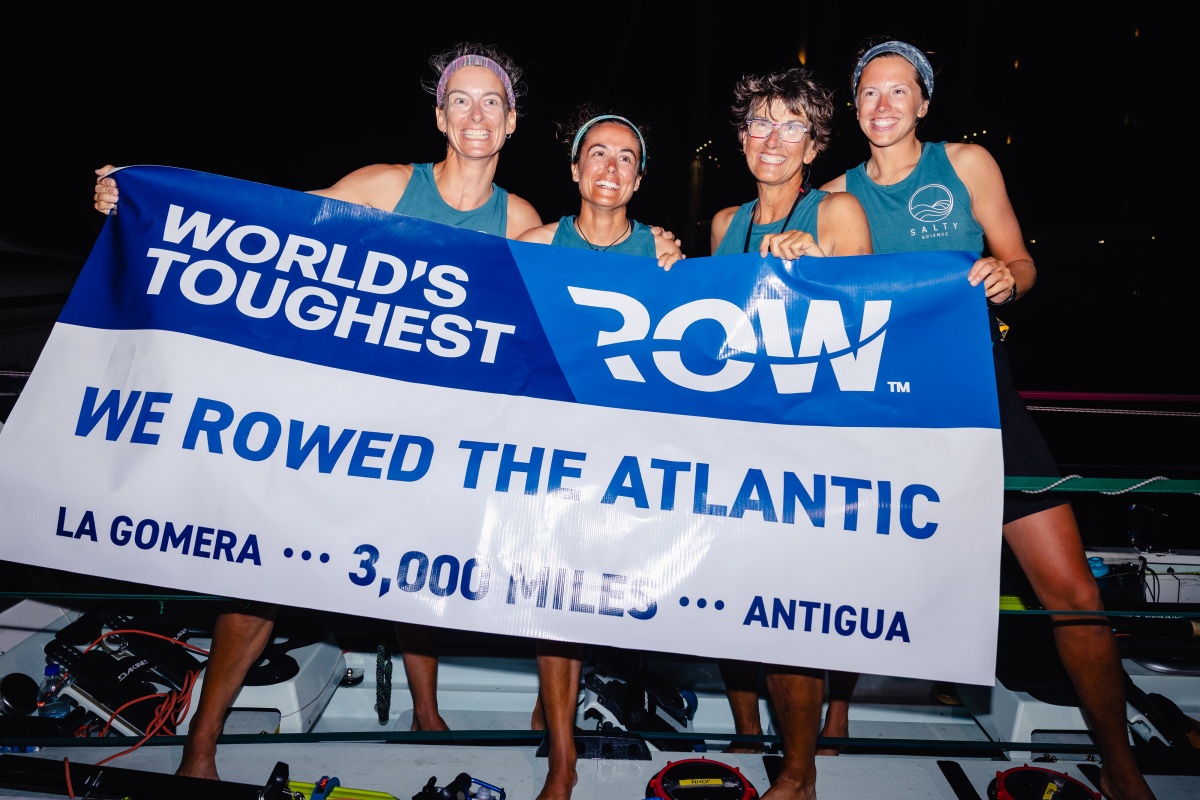
Q: What motivated you to undertake such a challenging expedition, and what was your mission along the way?
A: The physical challenge was a motivation for sure, but also the opportunity to experience the vastness of an ocean in a way that none of us had ever done in our professional lives. It was also a chance to raise awareness and money for organizations that do great work in terms of capacity building for marine conservation. We raised more than US$260,000 and counting.
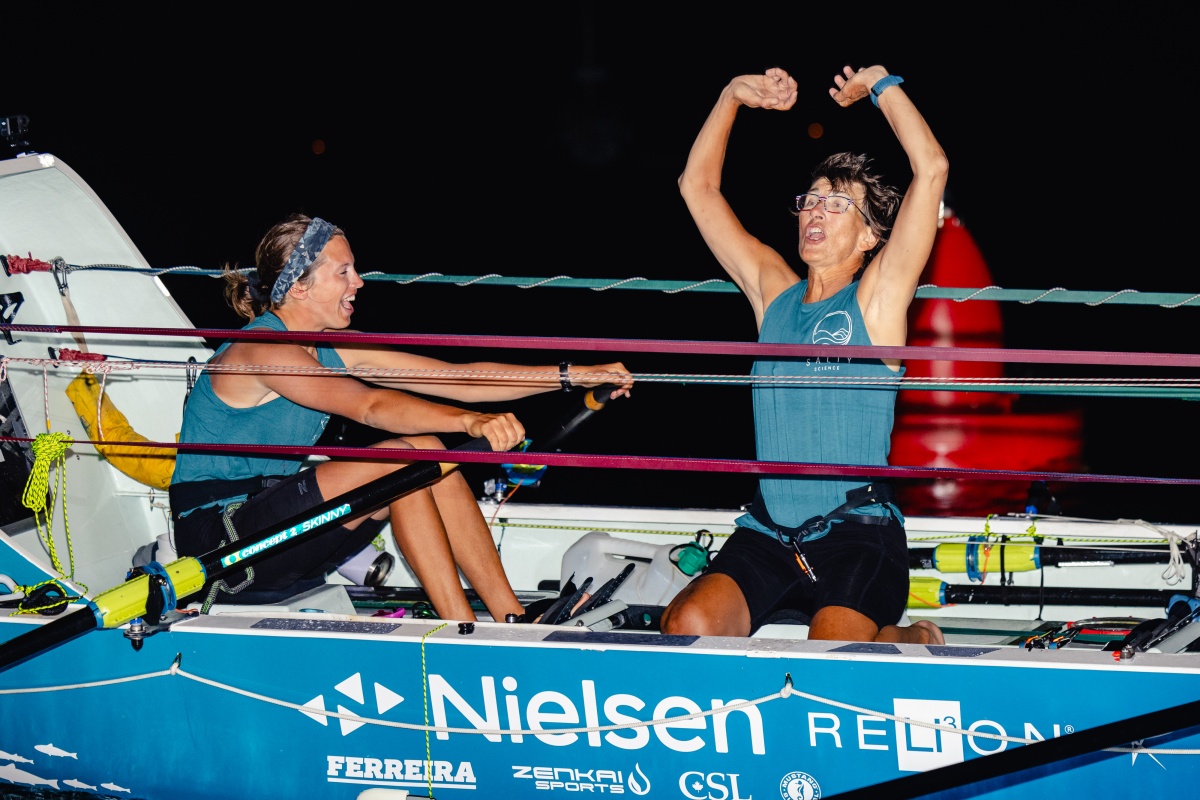
Q: What is the significance of World Ocean Day, and why is it important for us to celebrate it?
A: It’s Ocean Day every day for me! But it is great to have a day that highlights to everyone the importance of the ocean for so many aspects of our daily lives, from the air that we breathe, to the food on our plates, and to the awe we feel when seeing everything from bioluminescent plankton to orcas.
Q: From your perspective, what are some of the most pressing issues facing our oceans, and how can we address them?
A: Overfishing and climate change. The solutions to both are similar – political will from all sides to cut subsidies, seek less harmful alternatives, and tackle better management.
Q: How is your work contributing to a more sustainable future for our oceans?
A: My work focusses on marine invasive species, that is species that are transported on purpose or inadvertently to parts of the world where they’ve never been. My group studies the impacts that invasive predators have on native species and how best to control invaders to mitigate those impacts.
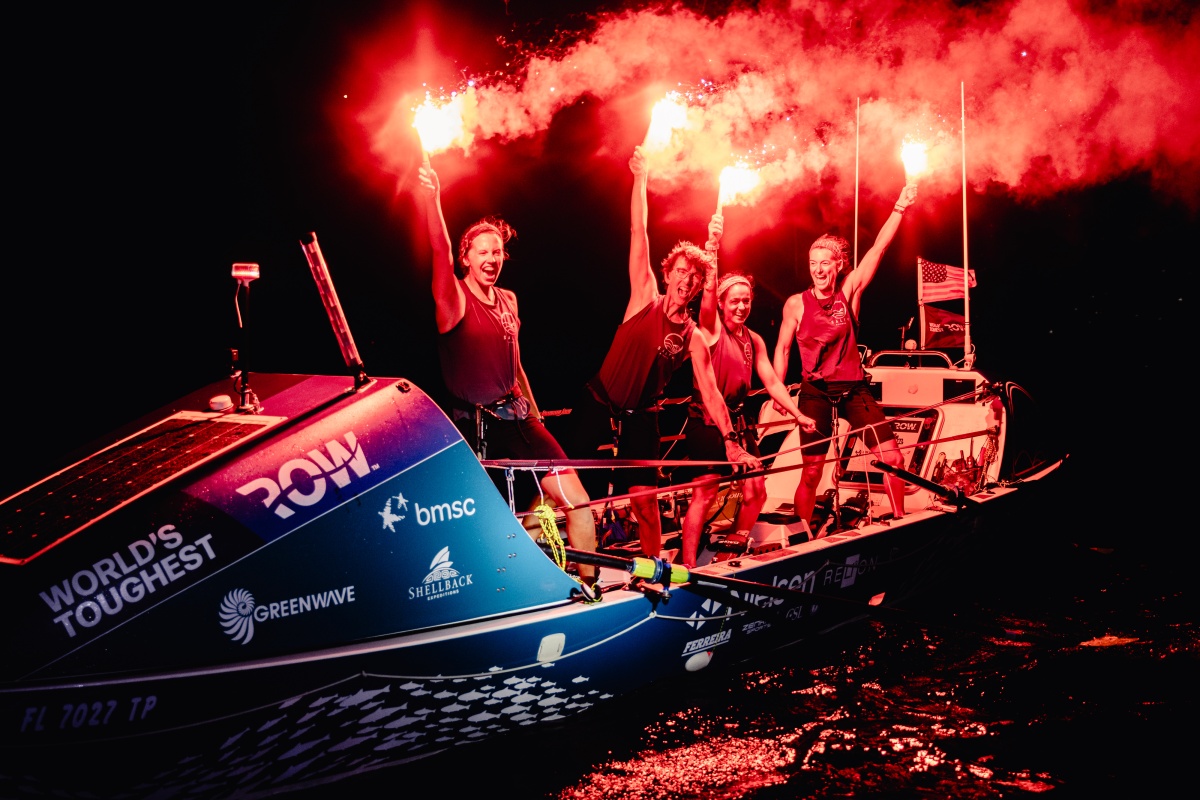
Click here to learn more about "Salty Science" and their expedition across the Atlantic.
